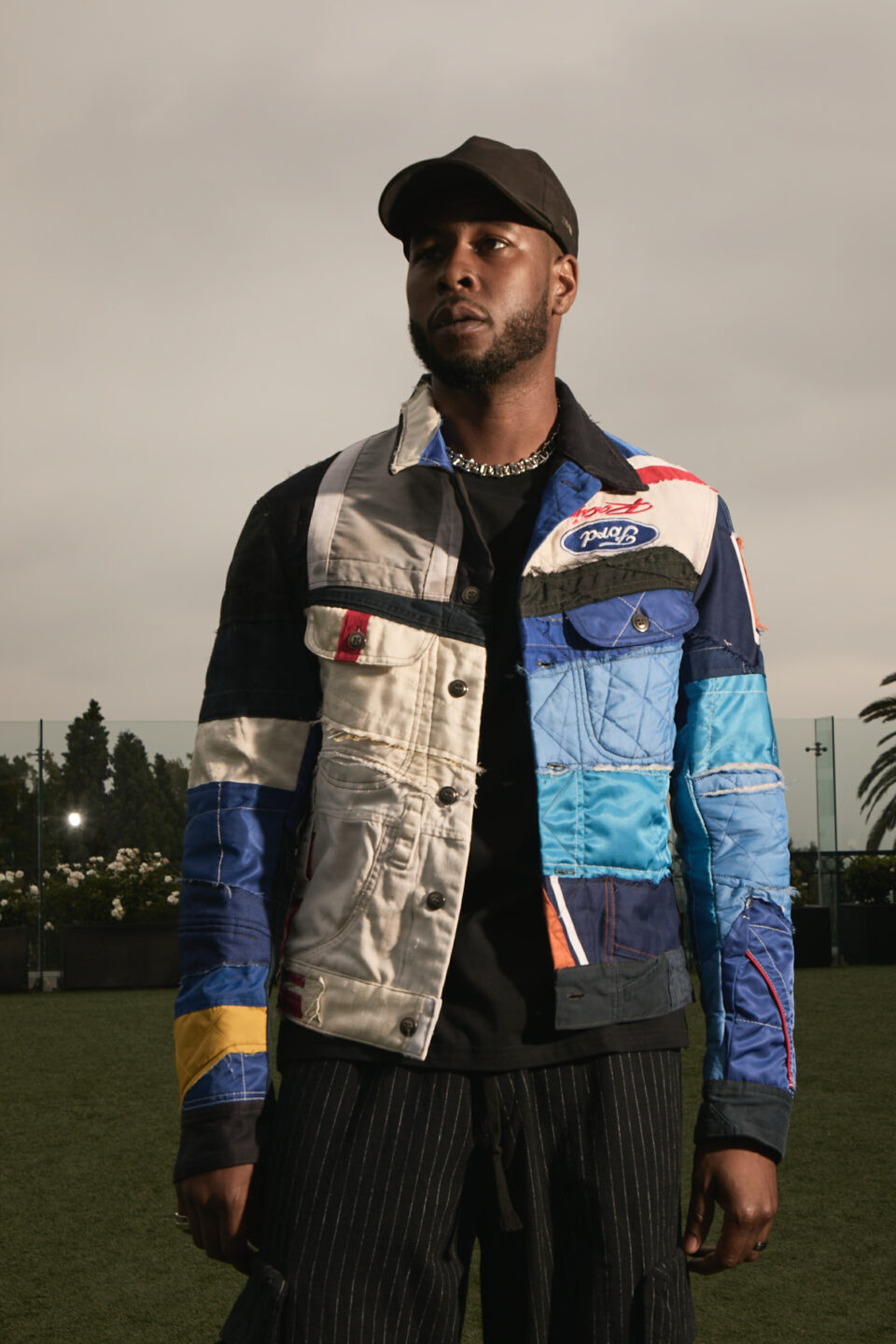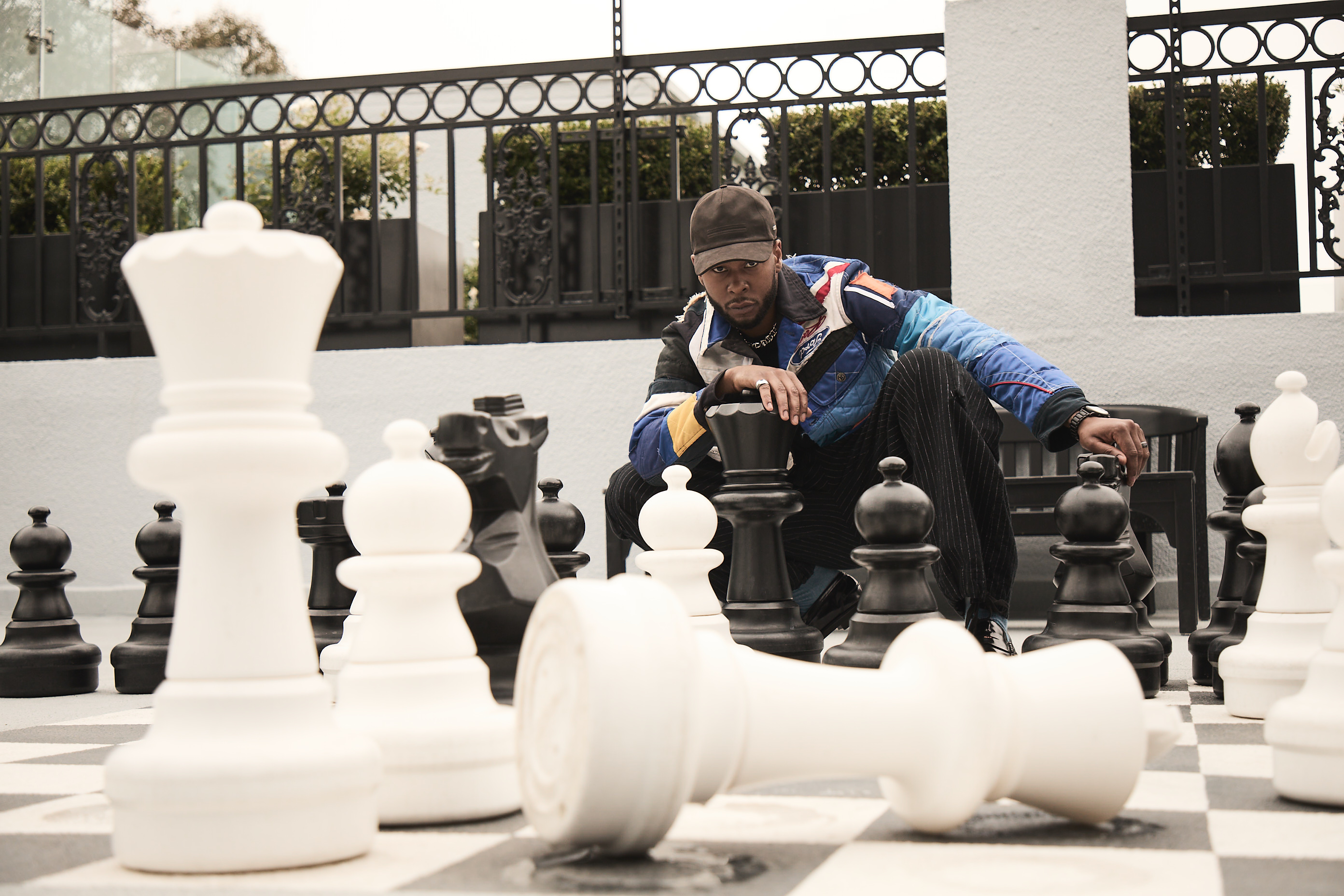J. Alphonse Nicholson prides himself on being a team player. The North Carolina–born actor and musician doesn’t worry about the size of his name on the poster. In fact he doesn’t seem at all concerned with the trappings that come along with levels of fame, as his starpower has risen over the last few years in Hollywood.
Coming from the New York City theater scene, Nicholson skips around with his roles, from TV to movies and back to the stage. He’s just happy to be a working actor, someone who can continue to hone his craft and do what he loves. His breakthrough came with a series regular role on P-Valley in 2020. Since then, Nicholson can’t stop working, even if the parts don’t always garner his name in spotlights. From supporting roles in They Cloned Tyrone to Self Made to this year’s Clipped—the dramatic new miniseries about the scandal surrounding disgraced former Los Angeles Clippers owner Donald Sterling, in which Nicholson plays Chris Paul—the performer has shown he can thrive in any ensemble.
We talked to Nicholson about the FX series, his career beginnings, his creative process, his pure love for acting, and more in the conversation below.
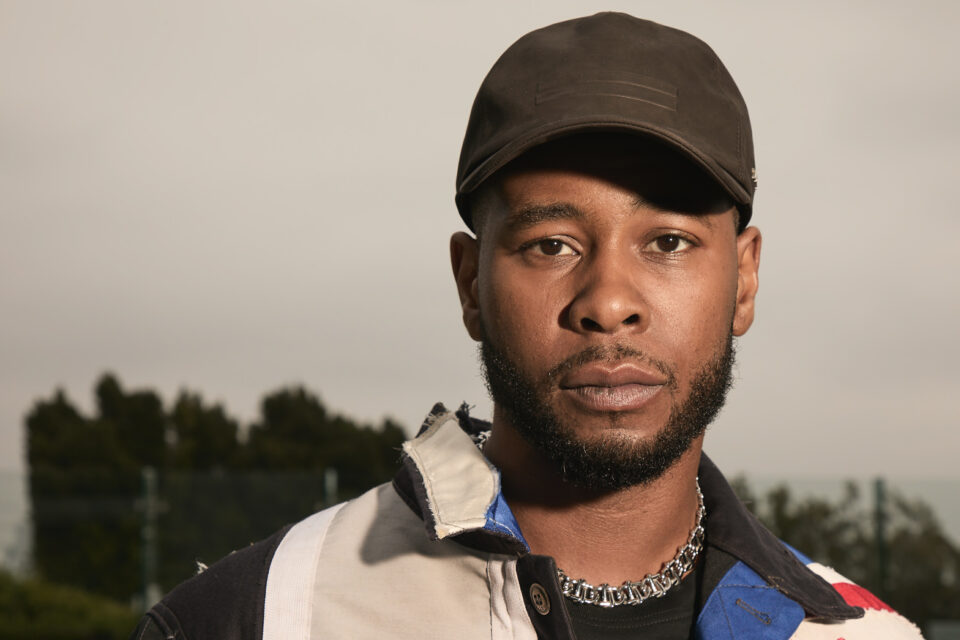
You’ve been working a ton in the last two years. How does it feel going from one role to the next without much time in-between?
I’ve been doing this going on 18 years now, which is crazy. Almost half of my life. I’ve just gotten used to the ebb and flow of what it’s like to be one character and go into another. Pour from one pool and take it to the other, learning from each character and growing as a storyteller. Each time I’m able to do a project, I’m able to sharpen the tools, especially when I’m working with the likes of Laurence Fishburne and Ed O’Neill and Jackie Weaver—these are people who’ve been doing it almost as long as my lifetime.
For me, [it’s all about] never forgetting the characters that I play, but leaving them where they are and trying to form a new character. Sometimes nuances will seep over, and I have to be careful as I say, “Oh, man, that’s not who this character is, I was just doing that in the last role—I’m bringing a little bit of murder into Chris Paul.” CP3 actually being a real person, [I had to be] very mindful of his mannerisms, but also be honest to what I know the audience will respect and like to see, sticking with the human principles of it all. Breathe in, breathe out, and most of the time your neurological system is going to take care of the rest.
How does your preparation change when portraying someone who’s been in the public eye for the last two decades?
My prep for CP3 was definitely watching a lot of interviews. I grew up seeing Chris Paul—we’re both from North Carolina—play for Wake Forest. It was very nostalgic remembering who he was then, and understanding that he’s still very much active in the NBA. Having a lot of my own memories to pull from, but then getting the YouTube of it all, going through these interviews where I can see exactly his cadence. Chris Paul has a very distinctive walk. I call it the “Old Man North Carolina Walk”—any brother from North Carolina, we just have an old soul. But then understanding that Paul is a totally different person than I am. I wasn’t going to be able to be exactly who Chris Paul is. I had to give myself time to breathe and just follow the words on the page, knowing that the writers had also done their research. With the research and with the time and effort that we put in, I think it pays off.
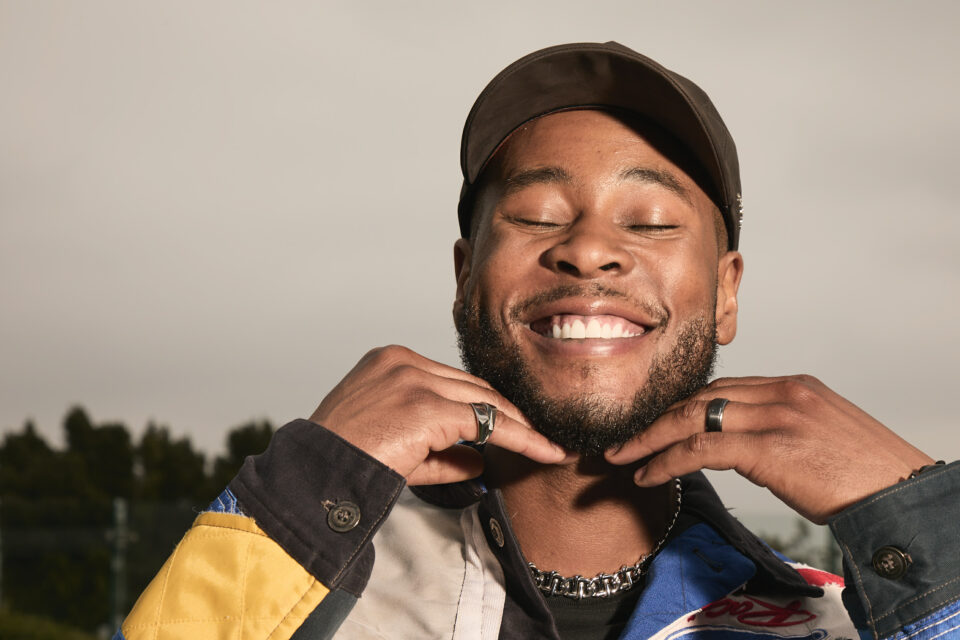
“I always want to be someone who’s telling stories at a high level. My goal is to constantly have an impression on people to where it changes their perspective about something.”
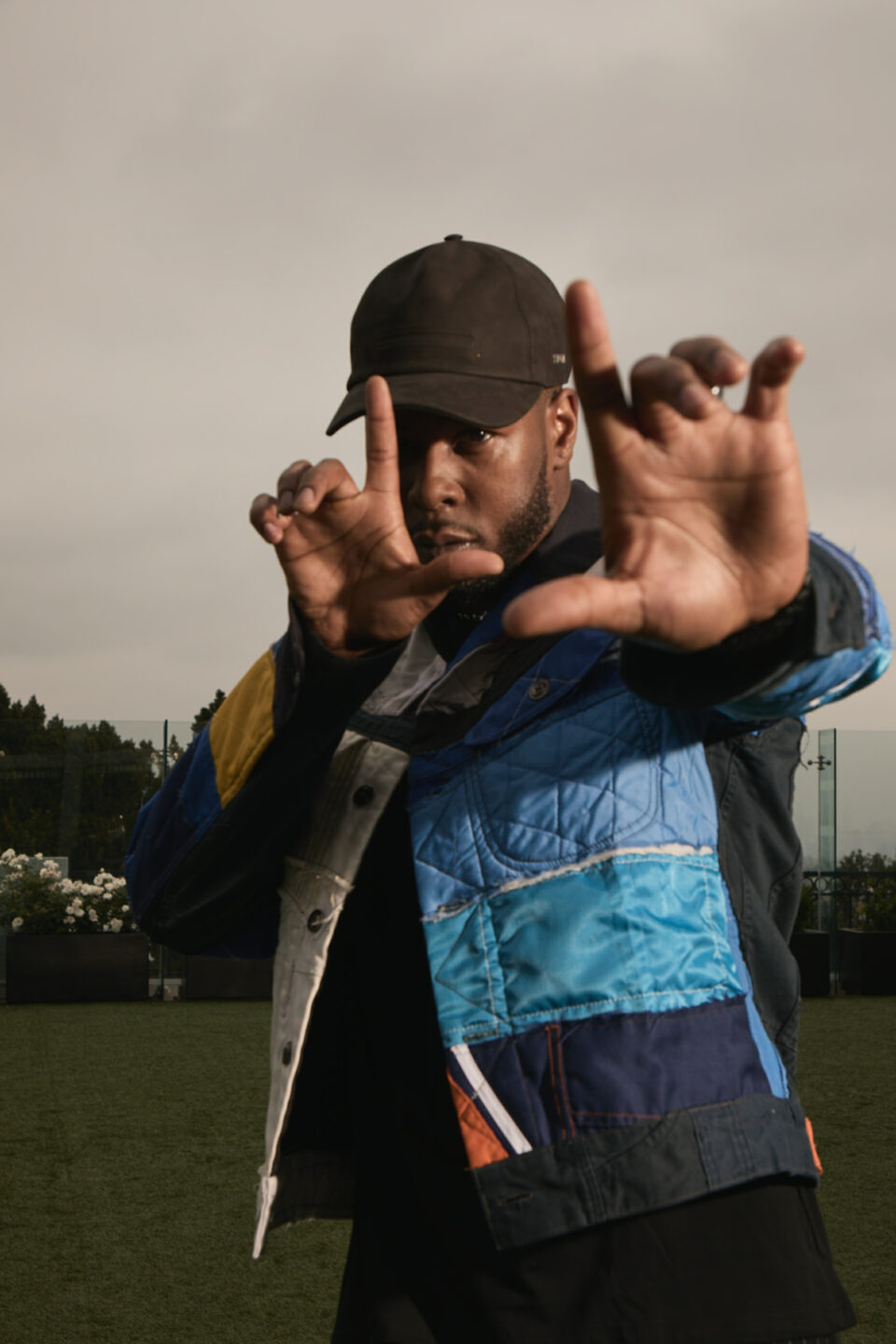
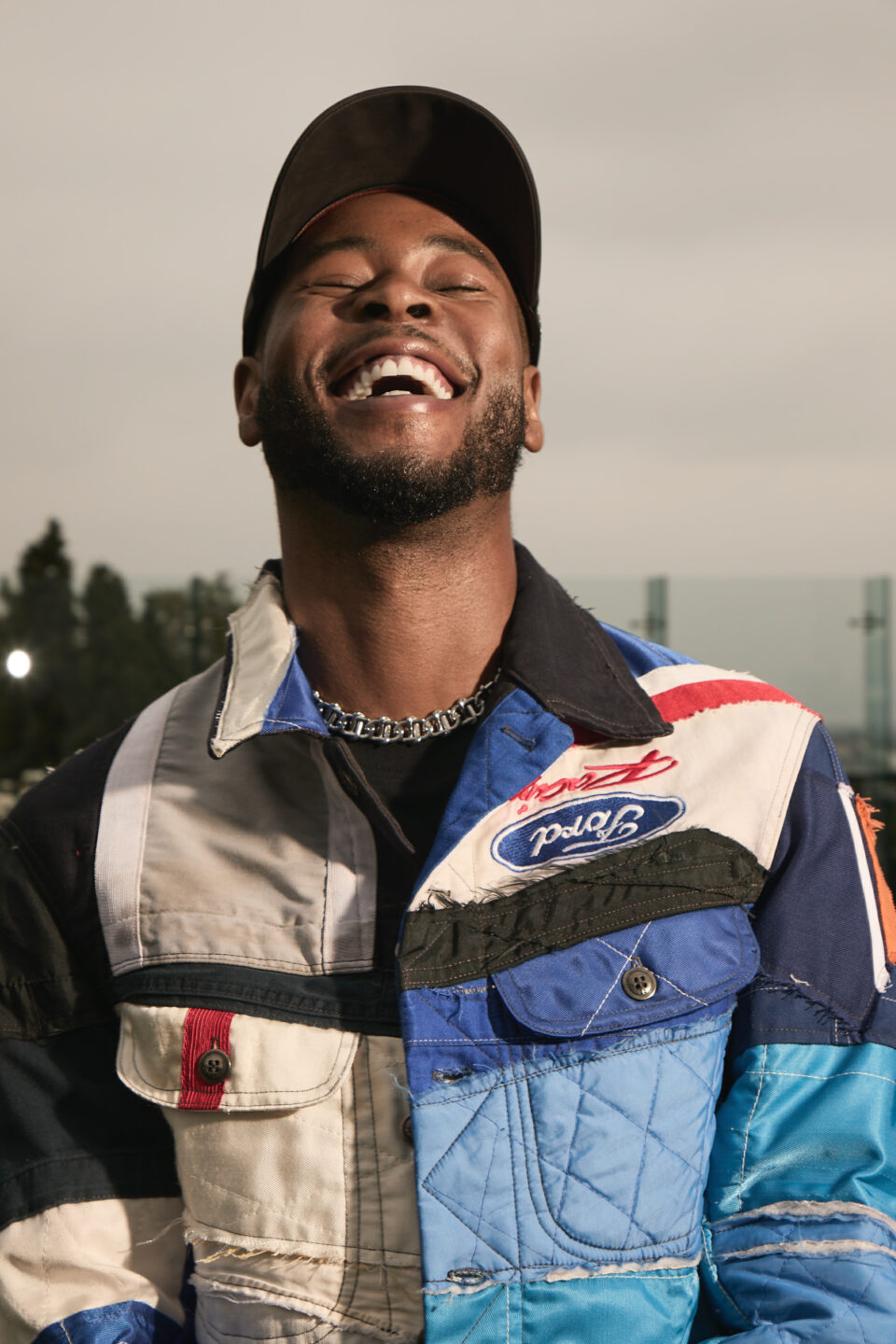
You’ve been everywhere on a call sheet in your career, from leading a film or a play to being a part of a large ensemble like in Clipped. How do you go into each day, depending on your character’s role in the project?
For me, it’s not about the number on the call sheet, it’s always about what I’m able to do to elevate a project. So if that’s one line, I’m gonna make sure I know that line. If it’s P-Valley and Clipped, I’m grateful to be part of the main storyline and help carry that story. It’s all about doing your job—just like we can’t do it without the background actors, we can’t do it without the grips and the DPs. I don’t necessarily believe in the hierarchy of it all. I think it’s a circle. And as soon as one link is weak or broken, we all have to come together to figure out how to fix that. I always want to be someone who’s telling stories at a high level. My goal is to constantly have an impression on people to where it changes their perspective about something.
Why do you specifically love acting? Why have you spent half your life doing this, and why do you continue to do it?
Man, it’s just such an incredible job. It’s a tough job—long hours and long nights. It was never about being famous, never about having a lot of people know who I am, but there’s something nice about people being moved by your work. I’m a musician, as well, and it gives me a very similar feeling as being a drummer. When you have this instrument in front of you, you’re given these notes, and you’re able to make something really fun happen with them. And then you have a band who can come in and jam with you and do the same thing. Everyone’s hitting that note right on time. It’s an ensemble thing.
“Each time I’m able to do a project, I’m able to sharpen the tools, especially when I’m working with the likes of Laurence Fishburne and Ed O’Neill and Jackie Weaver.”
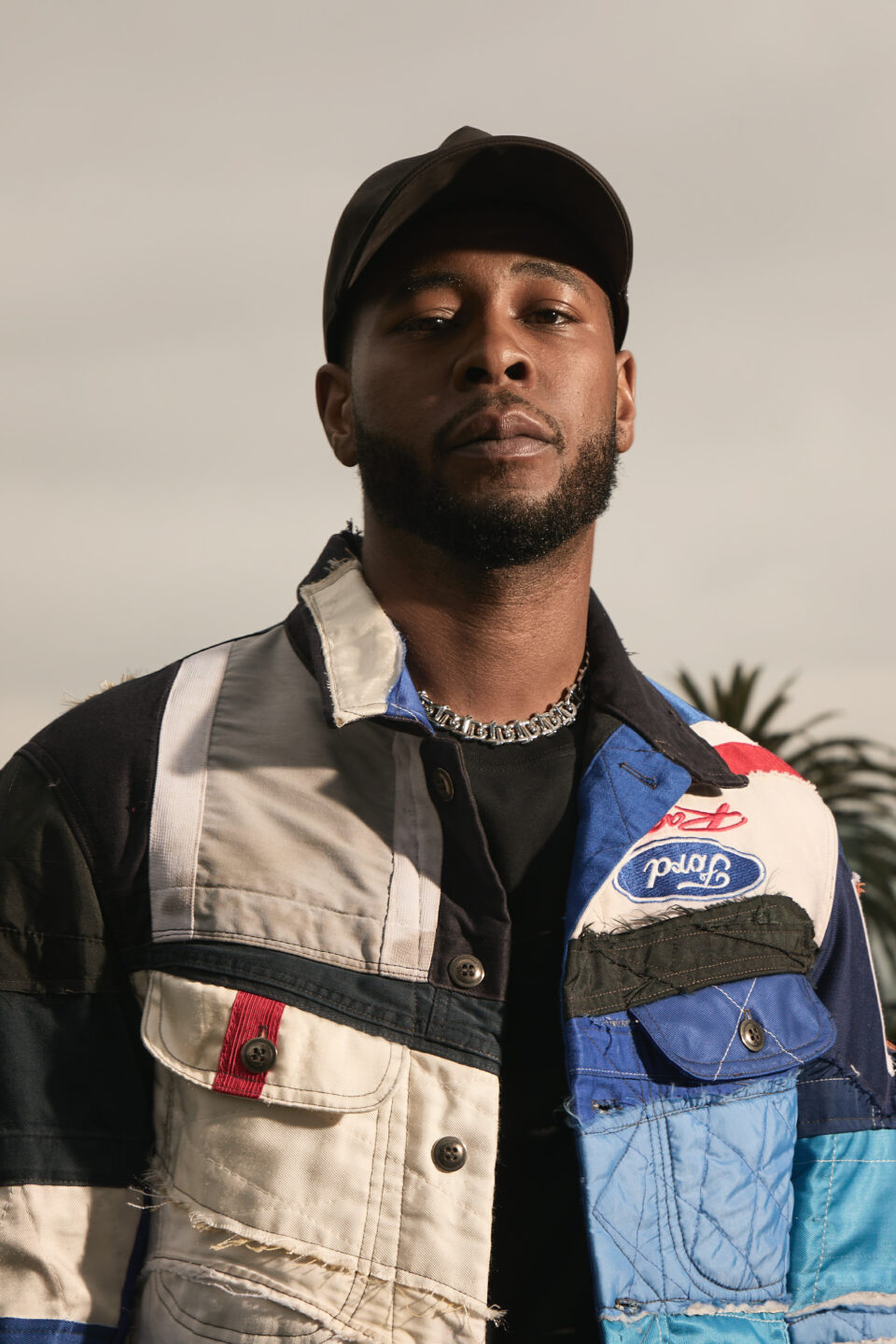
You’ve done a bit of theater, television, and movies in the last year. So many actors start on the stage and move toward film, or vice-versa. Why do you keep going back to the stage?
I was blessed to have an amazing career on stage in New York and throughout the country with regional theater. New York theaters are a whole ’nother beast that really sharpen the tool, but also allow you to meet some really great storytellers and playwrights. The strike happened and it was nice to have something to go back to, to make a living and continue to do something I love to do. I plan on always going back, strike or not, every few years, because it’s just a different way of telling the story. Some people say “Oh, it’s harder,” or “Theater acting is better.” But I just think it’s a different craft. It’s a different style and different technique. For me, it’s like going to do pilates and then going to the gym, swim class, or yoga—you want to have a different range of workouts if you want to be in top shape. If you just do the same thing over and over, you’ll have good form, but you may not be as strong as you think you are. I call it the velocity muscle.
In Clipped, how do you do your character and those around you justice, knowing that this was an event that created so many ripples and ended up being a lasting legacy for so many of those involved?
I think this story has such a huge impact on the NBA players and how they viewed themselves and how they viewed the owners. [It’s] another view of what we all know America to have been for a long time, unfortunately, which is built upon racism and this ideology that certain people are better than others, and that they have ownership toward others. And so that part of it is just another reminder of how much work we have to do.
But then it was also a new insight into how some of these players felt about this moment. As a storyteller, I feel like it’s my job to tell that story very well, to allow other people to learn that information, to get an inside look at it. And then, hopefully, that changes the perspective of one of the owners or whoever to make a change, to have a different dialogue when they come to those locker rooms to talk to their players, to start figuring out how it can be more of a collaboration when it comes to certain things.
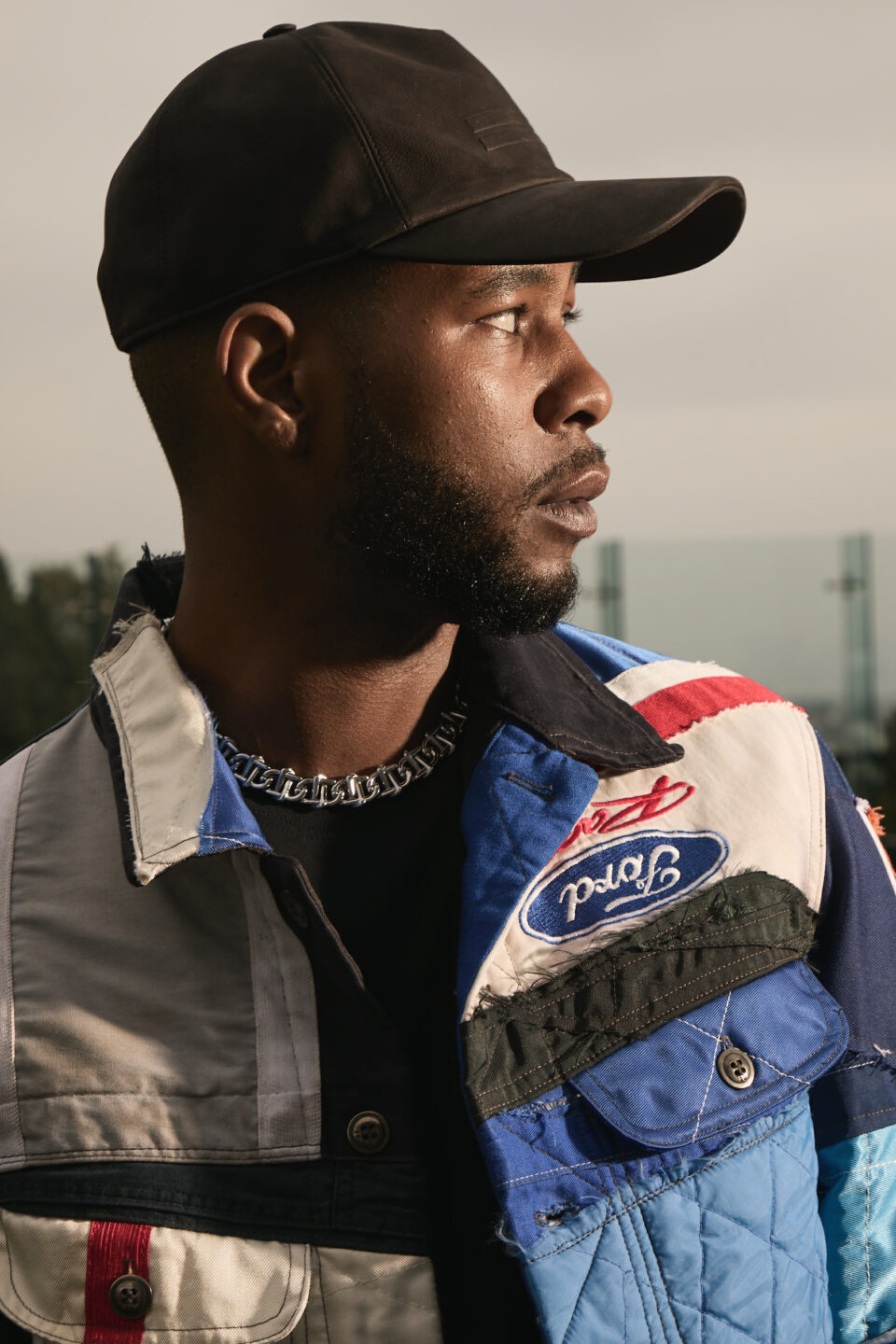
“If you just do the same thing over and over, you’ll have good form, but you may not be as strong as you think you are. I call it the velocity muscle.”
I like bringing attention to the fact that it’s majority white owners in the NBA. How can we open that up to people of color to come in and be coaches to players who mostly look like them? How do we allow owners to come in and have ownership over players and teams and run teams that really come from the same neighborhoods and backgrounds that they come from, and find a way to make that conversation more potent? It takes a story like this to remind us of the work that we need to continue to do. I don’t consider myself an activist, but if I can help in some way, it’ll probably always be through the form of storytelling.
Tell me about the basketball scenes themselves. How did you prepare for those?
It was great, man. We started basketball practice at least three weeks before we started actually shooting. A lot of cardio, a lot of up and down the court, and really just the fundamentals. We had real basketball players come in, and some of the actors who were cast also had played in their lifetime. I did a little bit of AAU and rec ball back in the day, but I’m far from a basketball player. But it was fun. I got a lot of building my endurance, and then there were a lot of set plays that were the exact plays the Clippers ran. We wanted to match exact shots, exact plays, choreographed to a certain extent. It ended up feeling very much like a basketball game.
Shout out to my stunt double who made me look really clean with my passes and my crossovers. A little bit of TV magic there to help us out. FL
